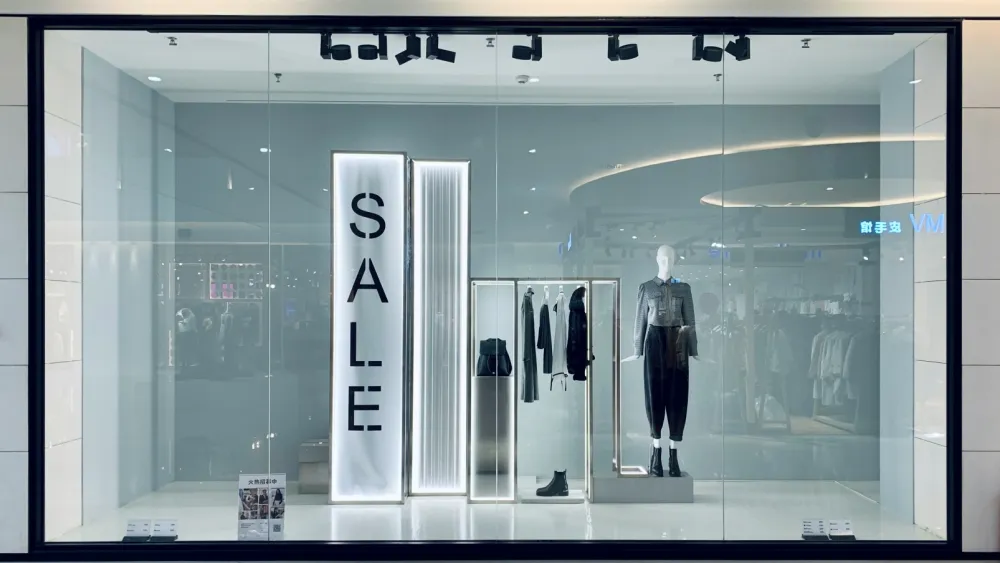Economic pressures spur secondhand market growth
Cost-conscious consumers drive a surge in pre-loved shopping.
One out of four global consumers choose to shop for secondhand products to help the environment and lead a more sustainable life, resulting in the secondhand market witnessing a notable surge, according to Euromonitor International.
Jorge Zuniga, Senior Sustainability Insights Consultant, said that the current economic climate has prompted consumers to seek the best value for their money, a trend that extends beyond essential purchases to include discretionary categories such as fashion.
"In emerging markets, pre-loved purchases are mainly driven by economic decisions," Zuniga observed, noting that countries like India, China, Thailand, Egypt, and Saudi Arabia see almost 20% of consumers opting for secondhand garments regularly.
However, he pointed out that only about a quarter of these purchases are motivated by sustainability concerns, despite growing awareness of the environmental impact of fast fashion.
The secondhand market's appeal is multifaceted, offering quality items often from top designers at a fraction of the cost. This affordability, coupled with the opportunity to declutter and earn extra cash, aligns perfectly with the growing trend towards sustainable living.
"It's a perfect fit with a move towards more sustainable living, making it an attractive choice for those consumers watching both their wallets and the planet," Zuniga explained.
Age differences also significantly impact secondhand shopping habits. Younger generations, raised amid urgent environmental concerns, view secondhand shopping as a stylish and sustainable lifestyle choice rather than a compromise.
Highlighted a survey indicating that 42% of younger consumers buy pre-loved clothing regularly, with 27% planning to increase their secondhand purchases. Millennials, dubbed 'green spenders,' are willing to pay a premium for eco-friendly products, showing a keen awareness of environmental issues and a readiness to support sustainability with their wallets.
Retailers, for their part, are adopting innovative strategies to tap into the booming secondhand market. Zuniga points to "retail as a service" models where brands partner with secondhand platforms to enhance their sustainability credentials while maintaining control over their brand identity and customer experience.
Notably, DHL's partnership with the Singapore-based resale company Refloat and the integration of secondhand offerings in physical stores exemplify how companies are leveraging technology and existing infrastructure to meet this demand.



















 Advertise
Advertise






Commentary
The festive season is a revenue moment – don't let friction or fraud derail it
All that glitters: Is luxury losing its shine, or finding a new one in Asia?